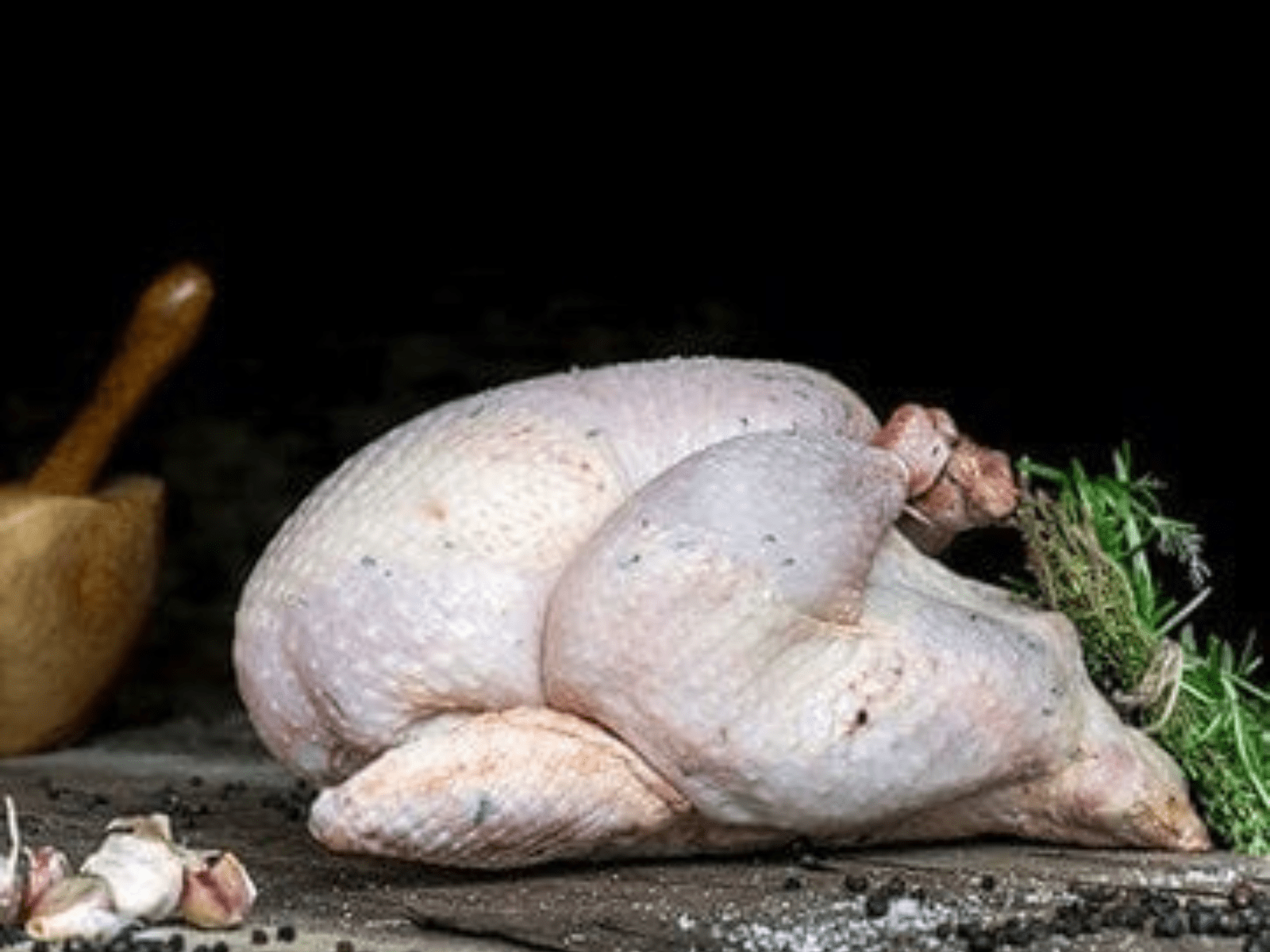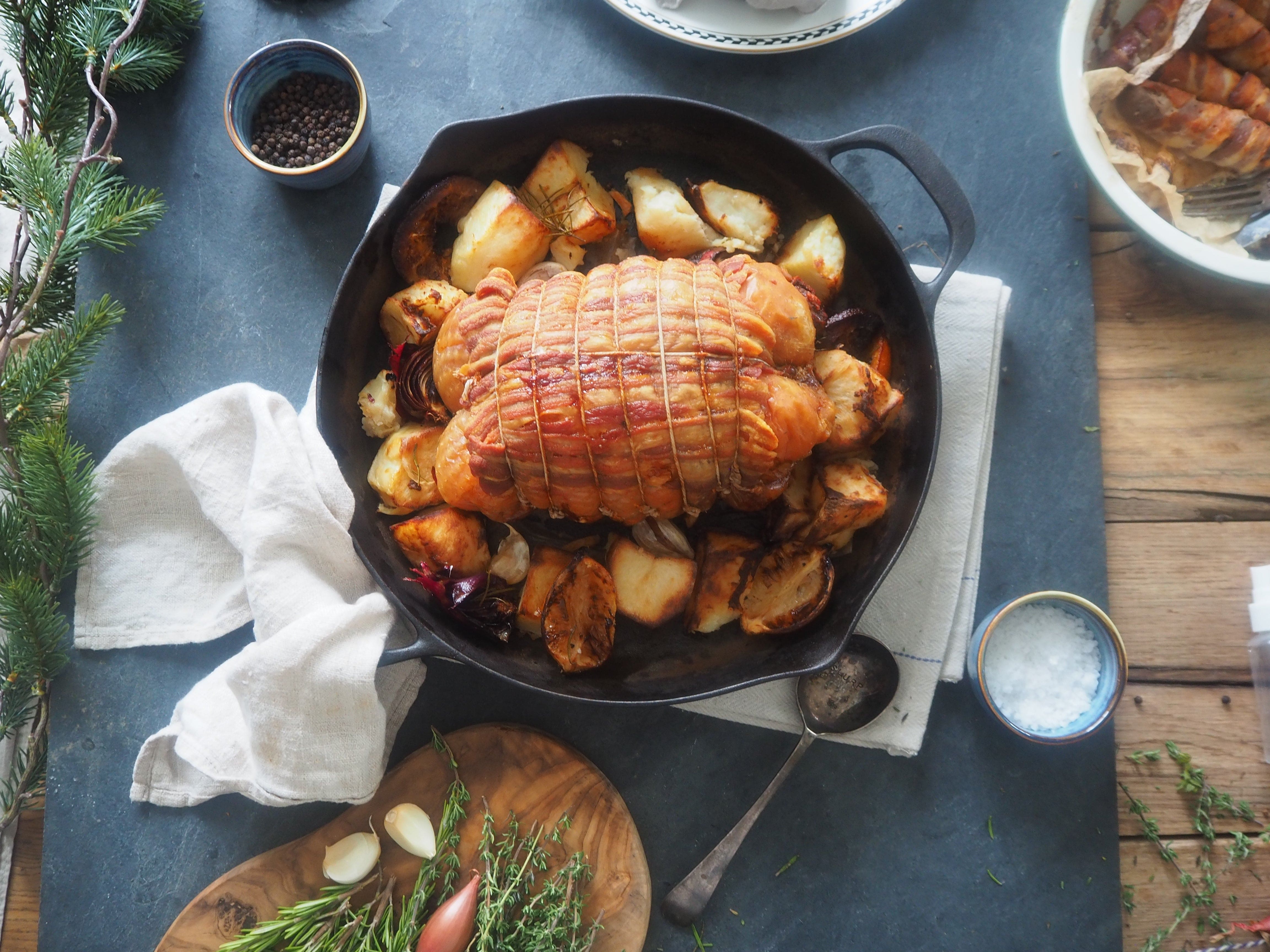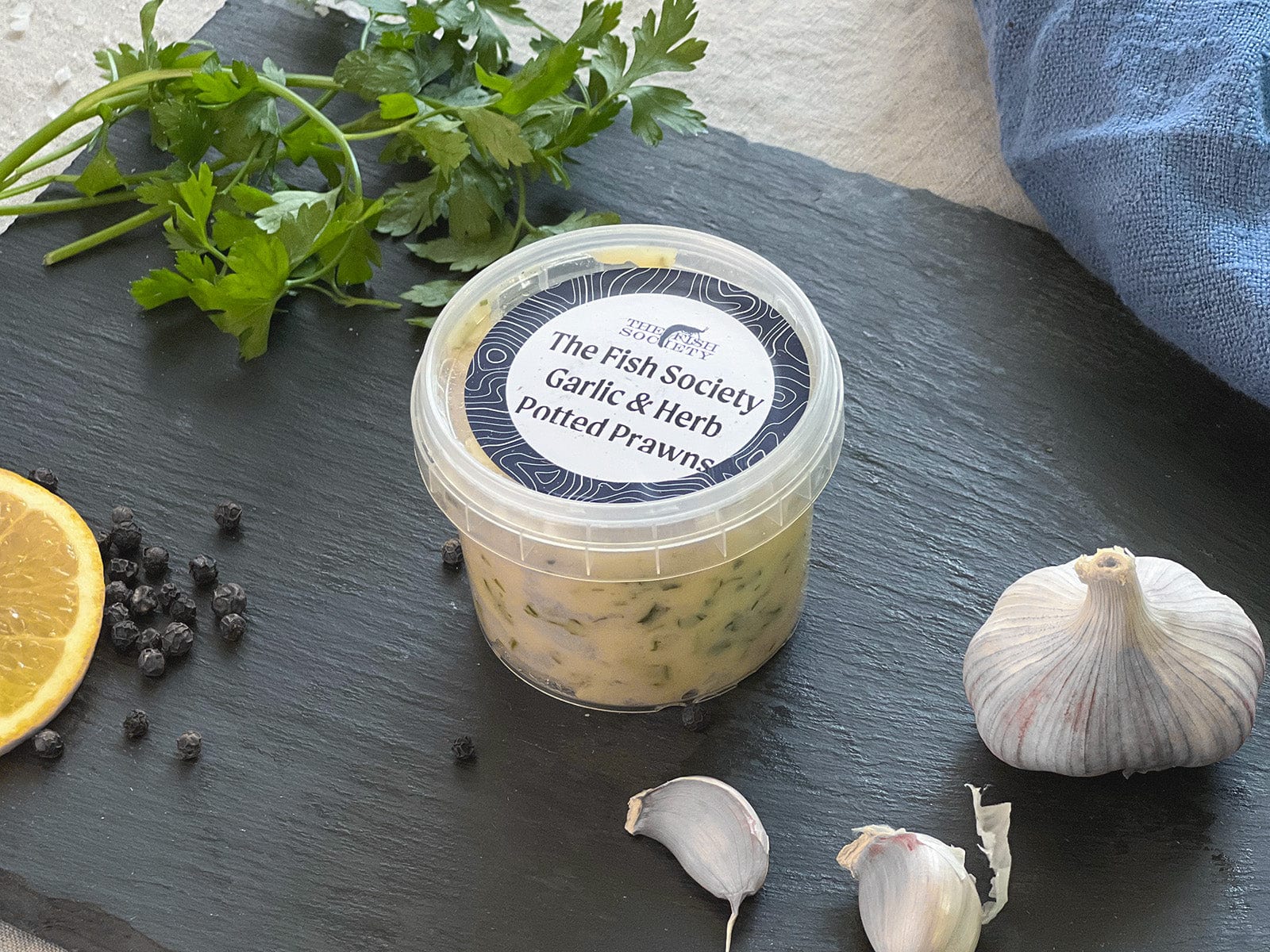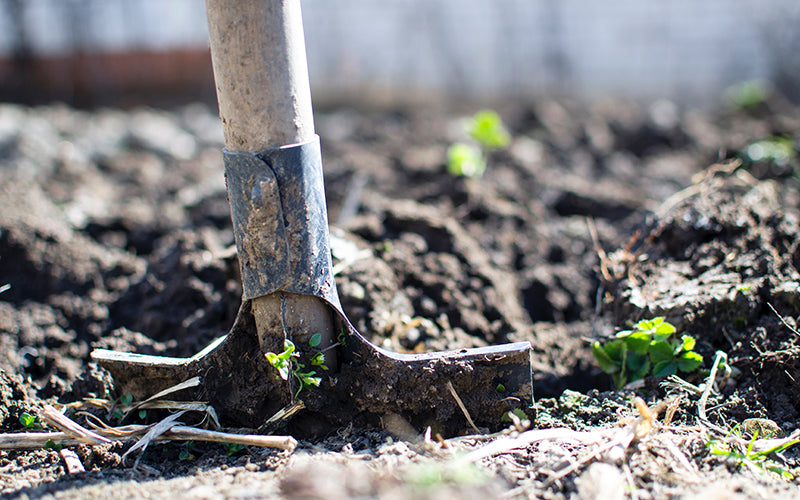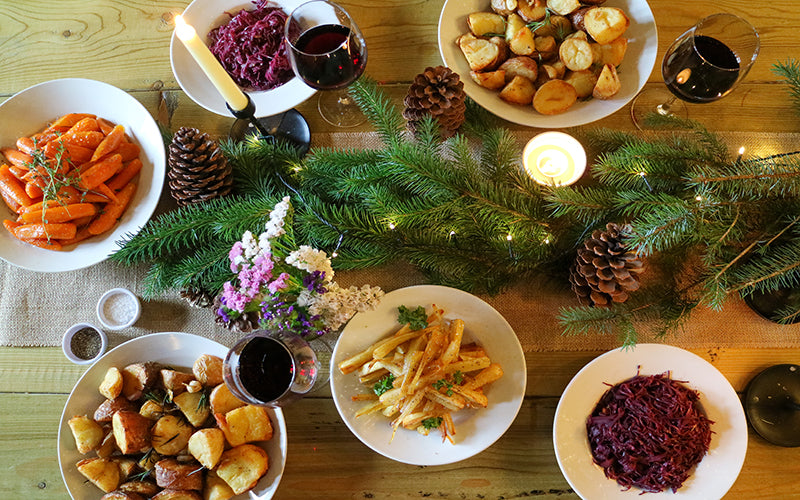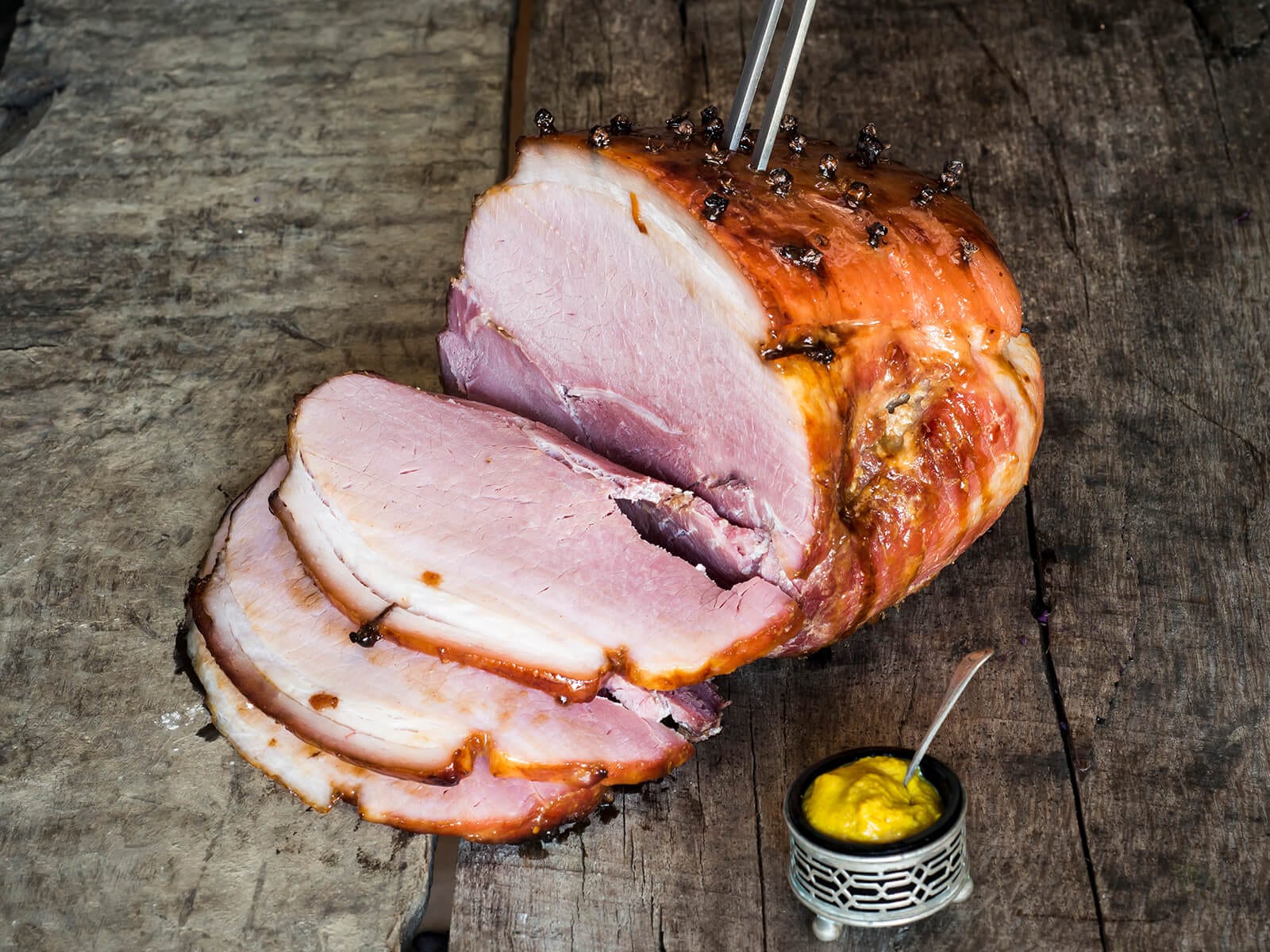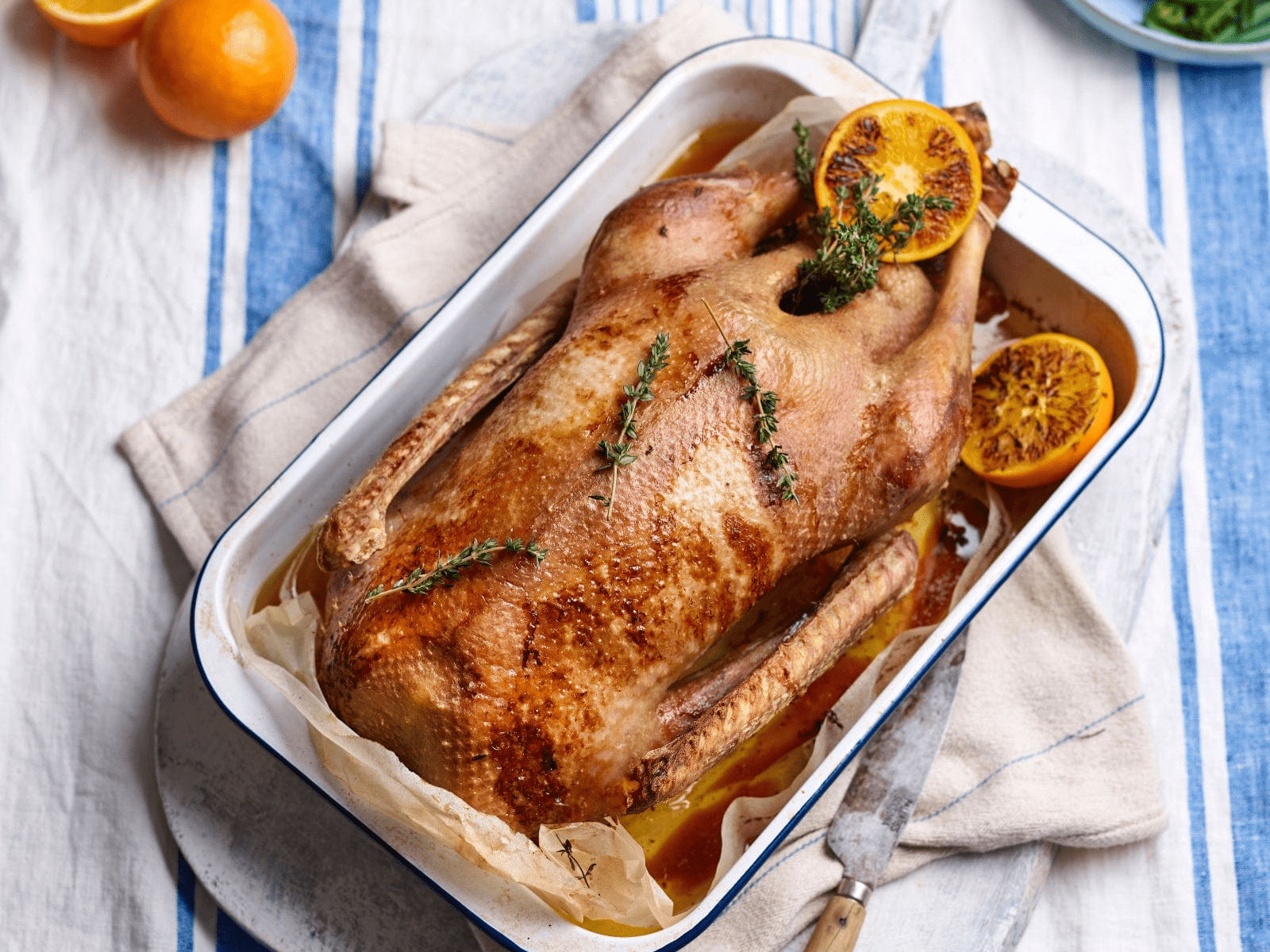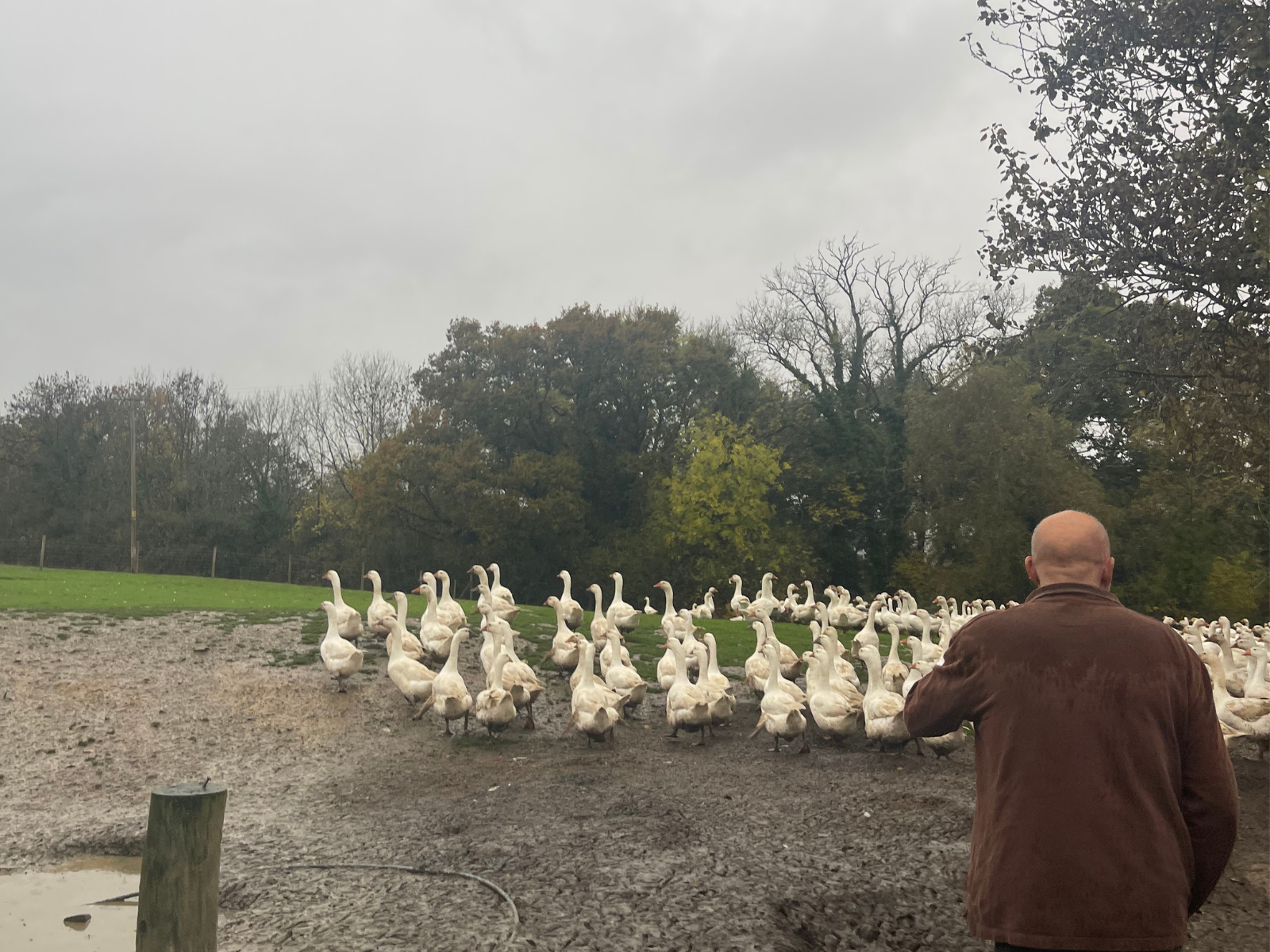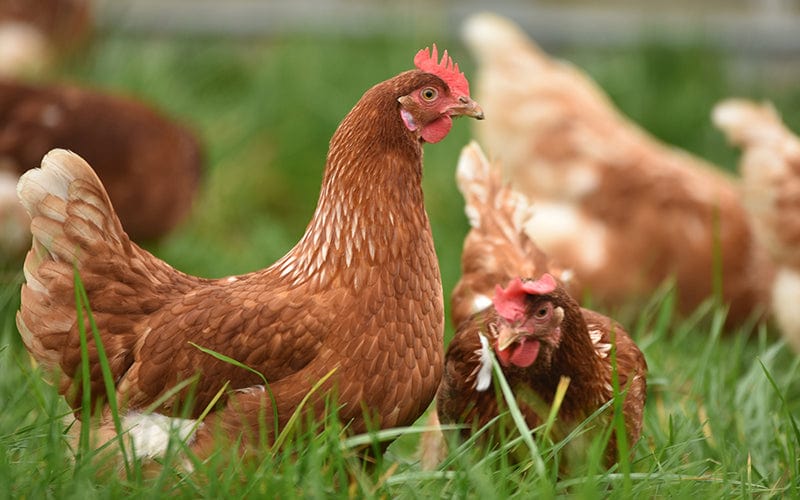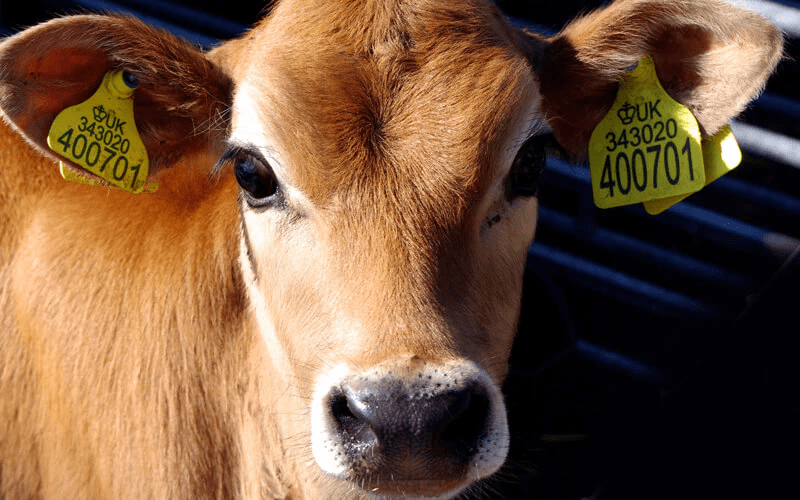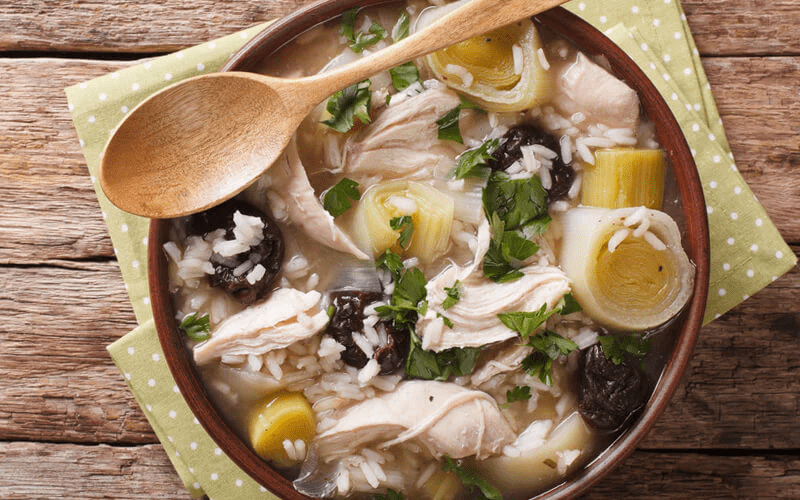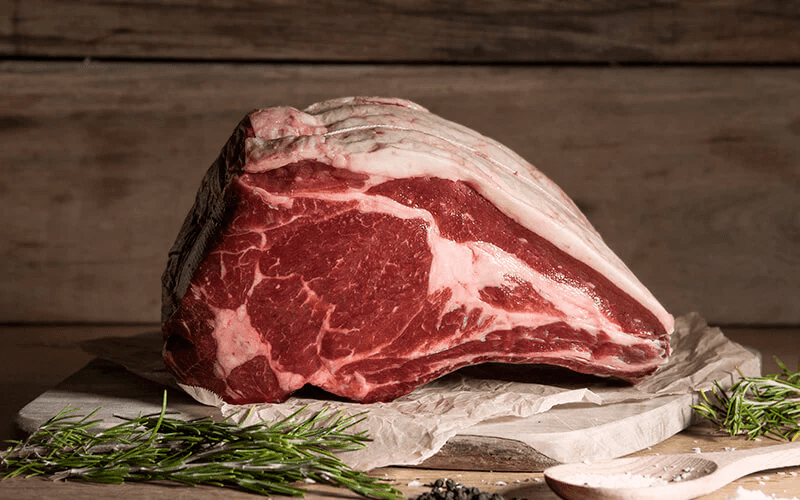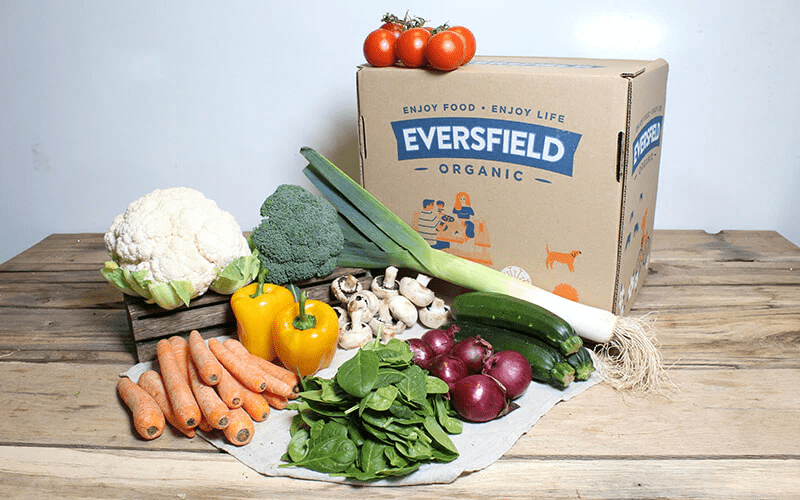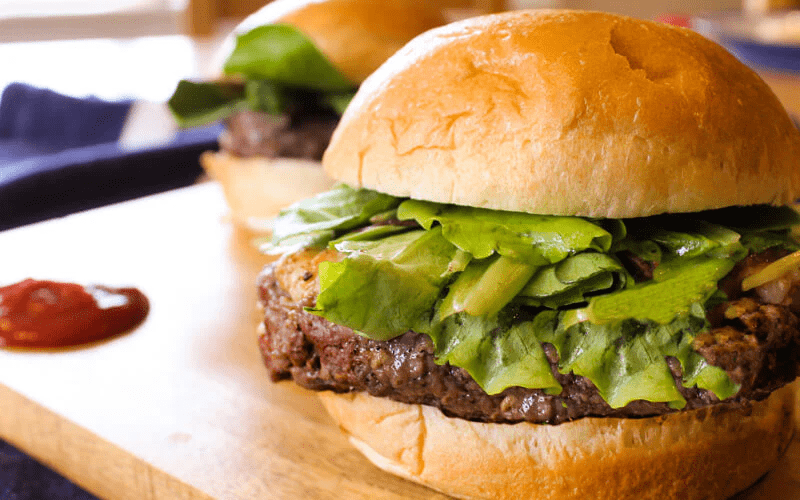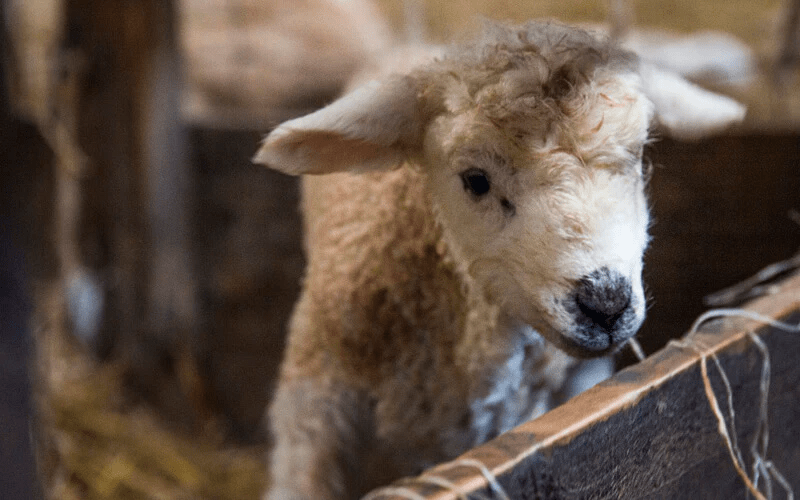World soil day
Get dirty for climate and nature this world soil day…
Whilst soil might not seem like the most exciting thing in the world, there’s much more to it than meets the eye. Soil is the heart and soul of our planet, far more than just the mud beneath our feet, performing vital functions for us and the creatures we share the planet with. Soil sustains us with the plants that grow on its surface, provides a home to millions of organisms, protects us from environmental hazards such as flooding and droughts and captures carbon out of the atmosphere, storing it away, which is especially important in the era of rapid climate change that we are now living in.
To be able to carry out all these functions soil needs to be healthy, however keeping it this way is quickly becoming a global problem. Intensive farming practices strip soil of its nutrients, degrading it and eroding it, thus releasing stored greenhouse gases back into the atmosphere. On average we lose the equivalent of 30 football pitches of soil every minute to degradation; this number is staggering and really proves that change is needed.
World soil day recognises the importance of soil and what it does for us and the planet, encouraging people to get behind ‘saving our soil’; here’s how you can get involved!
Get dirty for climate and nature
The Soil Association are encouraging everyone to get dirty for soil and nature this World Soil Day. To help raise awareness of the importance of healthy soils all you need to do is go outside, find some soil and get your hands dirty, then snap a quick selfie or video with your hands in it and let the world know why you care about soil health. Share on social media with the #Worldsoilday and tag @thesoilassocaition and us @eversfield_organic to be part of the change!

Image: healthy soils = healthy planet!
Other ways to help save our soil
There are other ways outside of social media that you can help make a difference. There are several different pledges you can make on the Soil Association’s website to help save our soil, from small things such as eating seasonal organic produce, to planting soil and insect friendly plants in your garden. You can see all the pledges here.
Choosing organic is a great way to make a difference; organic farms don’t use nasty fertilisers or pesticides that cause pollution to soils, keeping it healthier and more capable of acting as a carbon capture. In fact, organic farms store on average nearly 3.5 tonnes more soil carbon per hectare than conventional farms.
Instead of using fertilisers, organic farms, like our own, use manure compost to keep the soil fertile and boost and protect the nutrients and minerals it holds and the microorganisms that live and work within it.
Organic farming is not only better for the planet regarding soil health. It also promises the highest standards of animal welfare, not giving livestock antibiotics unless they are required by a vet, keeping their animals healthy and happy through a natural graze and forage diet, free of GMOs, and giving them all the space they could want to roam around.
Organic farming is also a lot better for the wildlife living on farms, working with nature instead of against it to produce a yield and helping support natural ecosystems through doing this. Our own founder and director Mark Bury took what was once dilapidated and over farmed land, here on the family farm, and rehabilitated it, planting over 30,000 trees and reinstating miles of hedgerows, to be the flourishing organic farm it is today.

Image: Our beautiful organic farm...
Eversfield Organic’s dedication to soil health
Soil health and sustainability have always been at the heart of everything we do at Eversfield Organic. The crops we grow in our Market Garden are free from artificial fertilisers and pesticides, instead utilising food waste from our farm shops and restaurants to produce compost in our closed-loop sustainability regenerative farming system which minimises external inputs to the farm and improves our soil’s health adding essential nutrients back into the ground.
We also us a rotational grazing scheme for our cattle and sheep, moving the livestock to different areas of the farm throughout the year to allow other areas to recover. We do this so soil doesn’t become too compact or stripped back of cover crops, reducing erosion and boosting soil fertility, helping the soil sequester more carbon from the atmosphere.
Read more about our dedication to sustainability here.

Image: The crops in our Market Garden flourishing with our healthy soils.




